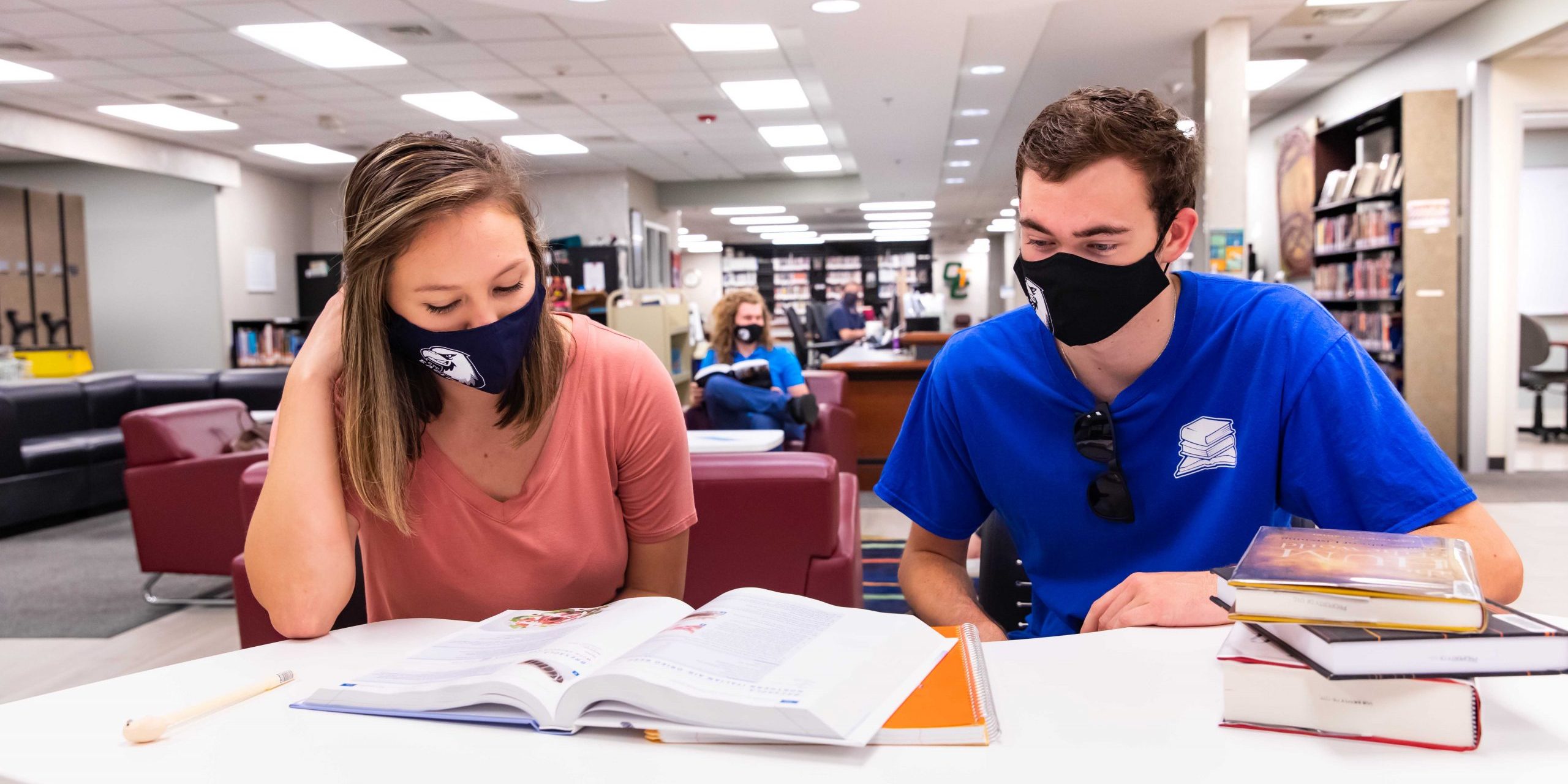With only one week left of classes this semester, final exams are looming closer than ever. Make sure you’re prepared with the following study tips from OTC Tutoring. And, if you need a last-minute tutoring session, you can book that at this link.
OTC Tutoring Tips
10. Start early – Cramming is counter-productive. Give your brain the time it needs to learn the material. To avoid procrastination, schedule specific times to study and stick to it.
9. Get a good night’s sleep – Studies show that lack of sleep can reduce your test-taking effectiveness by as much as 25 percent. To help you sleep the night before, eat high carbohydrate foods (popcorn, breads, rice, pasta, baked potatoes). Carbs increase the level of serotonin in the brain, which has a calming effect on the mind. If you didn’t get enough sleep, 20 minutes of relaxation before an exam can help.
8. Eat a good breakfast – Healthy eating maintains energy levels and helps with concentration. Eat protein, not high fat foods. Just 3-4 ounces of protein increases the amount of tyrosine in the brain. This chemical improves your alertness, accuracy and motivation. High fat foods dull your mind and slow down your brain.
7. Drink water, not coffee – Extra caffeine can lead to sugar craving and sleeplessness. Research suggests that staying hydrated by drinking water improves the electro-chemical communications in your brain.
6. Chew gum or eat mints – When you take the test, chew the same kind of gum or eat the same kind of mints that you do when you study. Sense of smell can help aid in your memory recall. In particular, peppermint is a natural remedy for boosting memory and concentration. The kinesthetic action of chewing gum or sucking on mints can also have a relaxing effect and increase focus.
5. Rework previous exams – Your previous exams contain the ideas and concepts you need to know for your final exam. Make sure that you can correctly rework every problem, including the ones you got right. This will help you reinforce the material you already know and will show you what material you still need to learn.
4. Create your own study guide – Make your own note cards, flashcards, note summaries, mind-maps, a problem log, and/or practice tests. You will learn more by creating your own study guides than by just completing your instructor’s “final review.”
3. Don’t just memorize – The more you understand, the less you have to remember. Focus on understanding the concepts. Be truthful when you study and admit you don’t know something even when your memory just needs to be jogged. You will not be able to look back in your notes or book during the final exam.
2. Form a study group – A study group can help you keep focused towards a common goal: to succeed on your final exam! The TLC is a great place to bring your study group. Make sure to check out our subject hours so that a tutor is available to answer any questions your group may have.
1. Be positive! – You have the ability to manage your frustrations. Your thoughts are powerful tools. When you imagine yourself failing, you usually do. Once you have put the effort in to succeed, imagine yourself acing the test.

